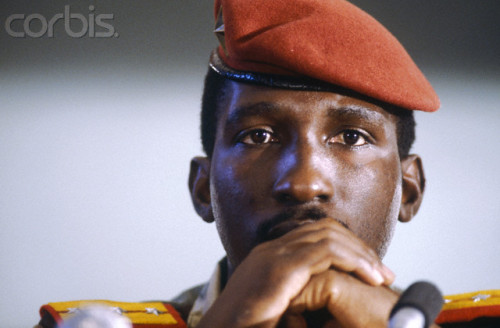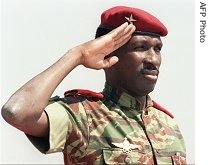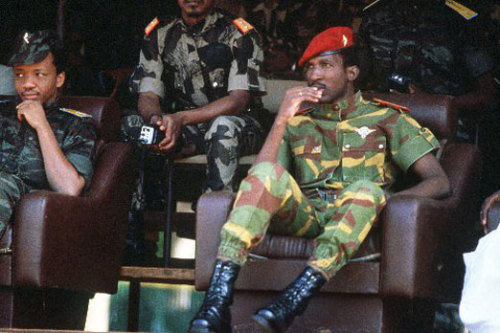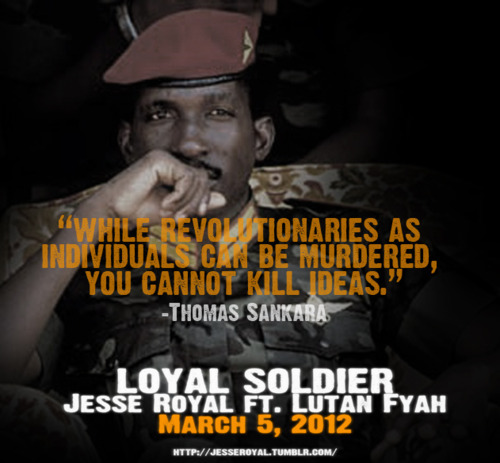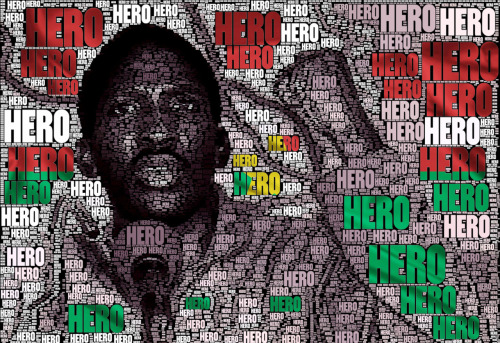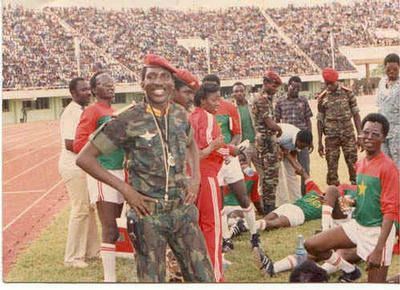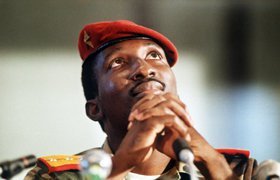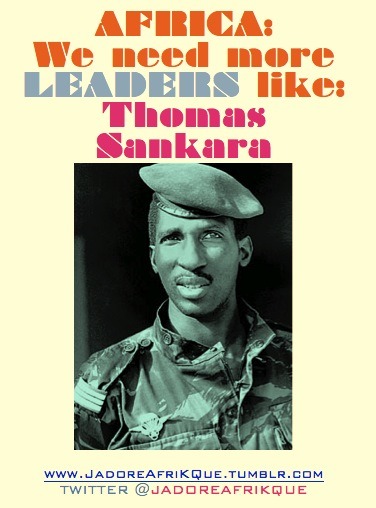Kimbunga
Platinum Member
- Oct 4, 2007
- 14,941
- 9,947
Wakati rafiki yake Blaise Compaore (Rais wa sasa wa Burkina Faso - Wakati huo Upper Volta) akipanga kuipindua serikali yake na kumuua Thomas Isidore Noel Sankara, kuna mtu alikwenda akamwambia kwamba rafiki yako Compaore anapanga kukuua na kuipindua serikali yako. Sankara alitamka maneno yaha:"While revolutionaries as individuals can be murdered, you cannot kill ideas".
Historia ya Sankara na Compaore inathibitisha kwamba katika kusaka mamlaka hakuna urafiki.
AshaDii huyu Sankara ni kiongozi ambaye nilikuwa nampenda na bado yupo moyoni mwangu. Ni kiongozi wa kupigiwa mfano miongoni mwa viongozi wa Afrika.
Historia ya Sankara na Compaore inathibitisha kwamba katika kusaka mamlaka hakuna urafiki.
AshaDii huyu Sankara ni kiongozi ambaye nilikuwa nampenda na bado yupo moyoni mwangu. Ni kiongozi wa kupigiwa mfano miongoni mwa viongozi wa Afrika.


